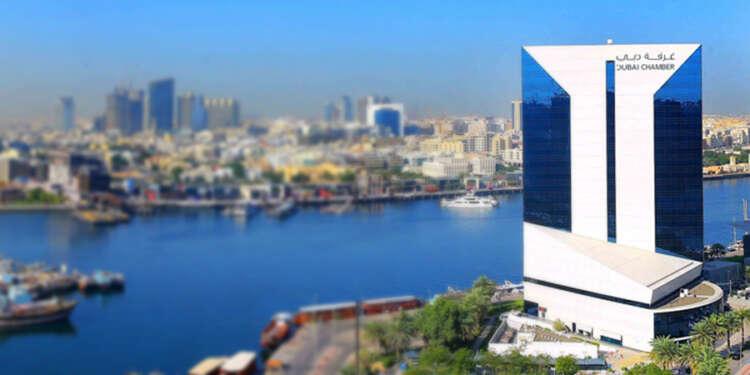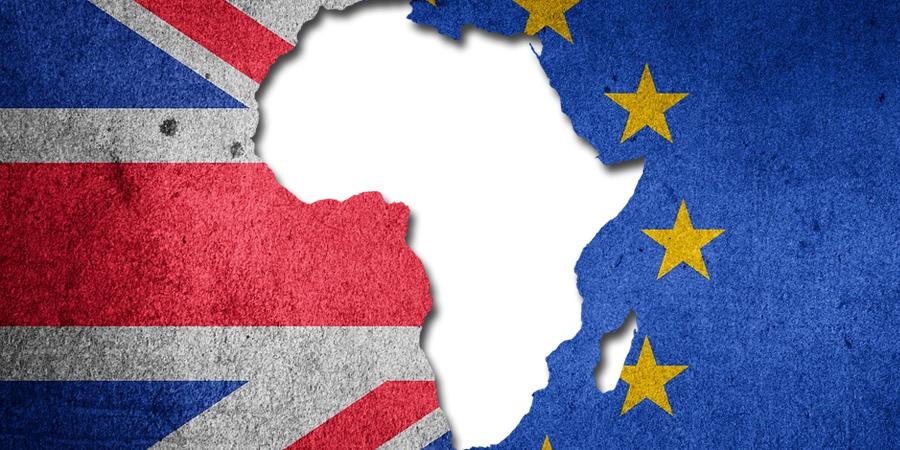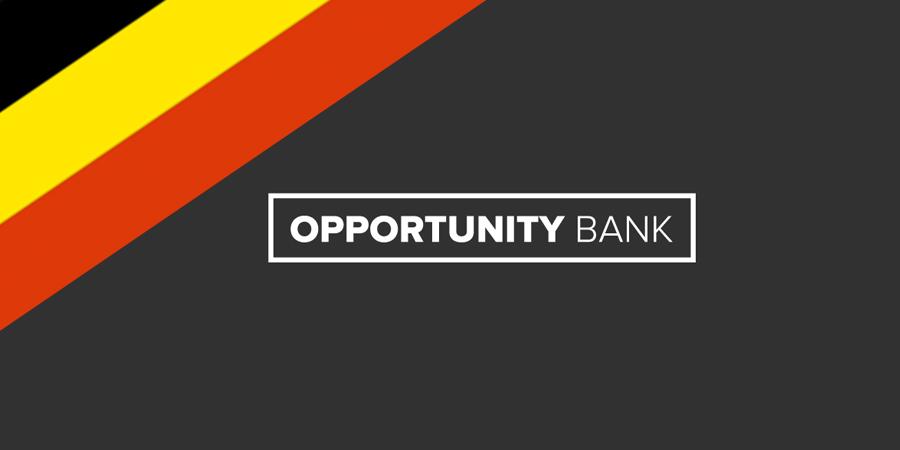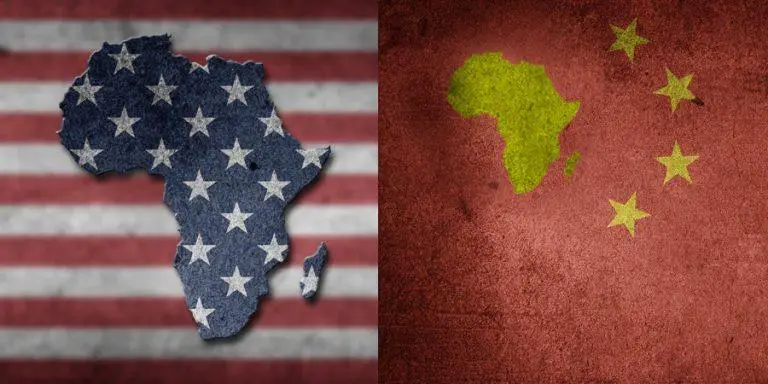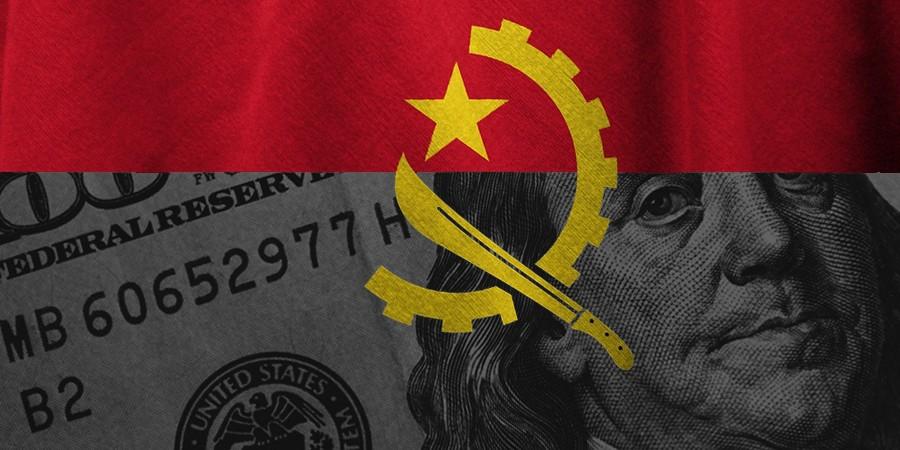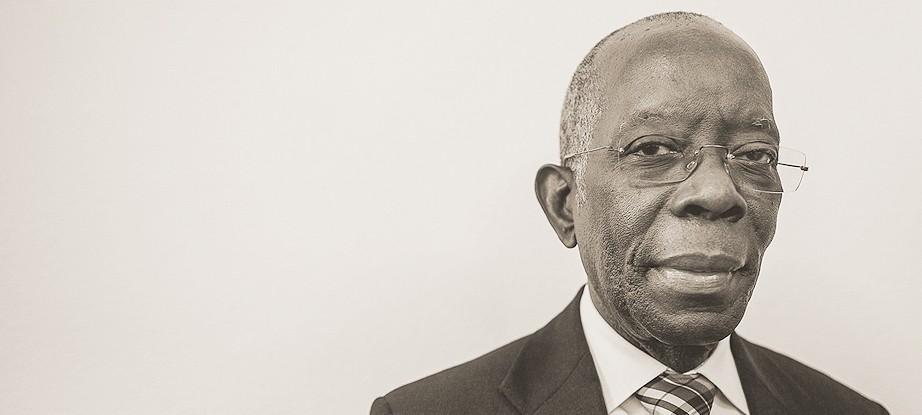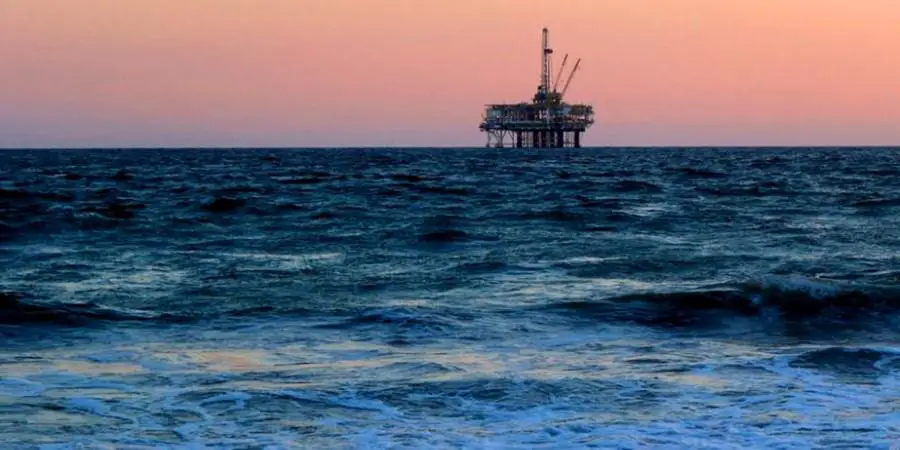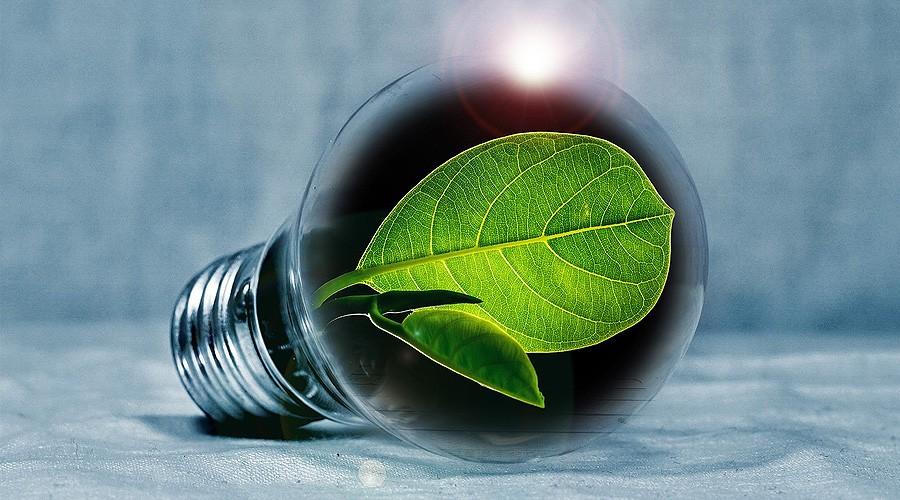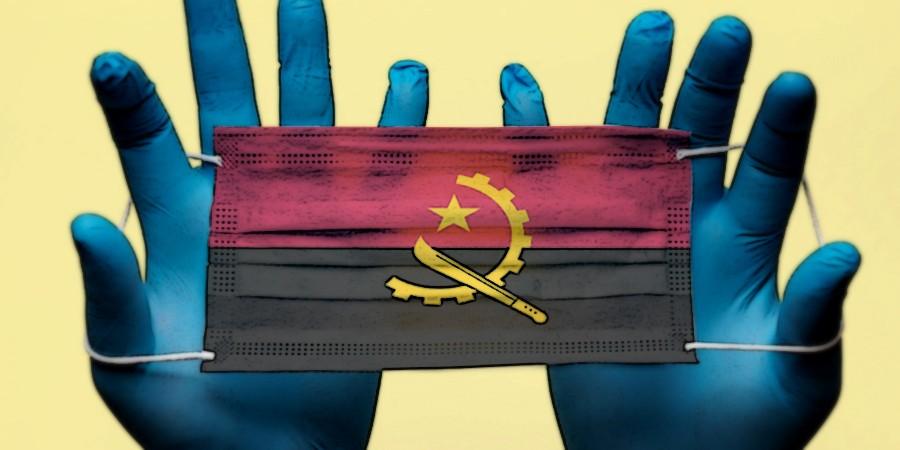- Africa’s new dawn: the rising role of digital and AI in agriculture
- Can Dangote Refinery Transform Africa Energy Ambition
- Gallup Survey: 80 per cent of Kenyan Workers Are Disengaged and Seek New Opportunities
- Madagascar Man Freed from 5KG Tumor After 15-Year Struggle
- How women in Africa are perceived and treated
- Sugar consumption in Kenya to Increase to 1.23 Million Tonnes
- Can Somalia and Turkey Oil deal Bring Change in Somaliland
- Remittances to Kenya dropped to $371.6 million in June, marking a six month low
Browsing: Further Africa
The Dubai Chamber International Office Mozambique, in partnership with Angola-UAE Chamber of Commerce and Industry and AIPEX (Angolan Private Investment and Export Promotion Agency) will host a free webinar on November 26 called “Expand your Business to Angola”.
The event aims to promote a better understanding of the Angolan market and support the expansion of UAE companies internationally by discussing its newest regulations, incentives, perspectives and the business and investment opportunities thatabound in Angola.
The webinar will include welcome remarks, a panel discussion, and an open Q&A session with the audience with a total duration of 1h.30m. The highlight will go to the panel discussion that will include Duarte Marques da Cruz, partner at Portuguese law firm MC&A, Ms. Sandra dos Santos, Administrator for Investment and Fundraising Area at AIPEX and Mr. Omar Khan – Director of International Offices, Dubai Chamber, who will shed a light on market trends, priorities, …
BREXIT trade impacts in Southern Africa
If everything goes according to plan (and that’s a big statement), January 1st shall see the departure of the United Kingdom from the European Union, its single market and customs agreements.
As much as I would like to, it is becoming increasingly hard to believe that the parties will conclude a trade deal in time for the official divorce date. I am sceptical of a “hard” BREXIT as I believe that some sort of policy extension will remain in place for quite some time; anything else would be economic madness and given the current pandemic no politician would allow that to happen. (I know what you might be thinking but, luckily, that kind of stupid is currently reserved for leaders across the Atlantic).
The EU is South Africa’s largest trade partner while South Africa has long and in-depth trade relations with the United Kingdom. …
TLG Capital (TLG) today announced it has purchased 49% of Opportunity Bank Uganda Ltd (OBUL), a tier 1 financial institution (commercial bank) with 23 branches and 22 ATM points across Uganda.
OBUL is licensed and regulated by the Central Bank of Uganda and offers tailor made products and services for individuals, micro-businesses, and small-and-medium sized enterprises (SMEs). The bank was originally a micro-finance institution founded in 1995. The transaction makes TLG the largest shareholder of OBUL. Remaining shareholders (all NGOs) include Opportunity International Group (43%), Faulu Uganda (7%), and Food for the Hungry (1%).
TLG’s investment was made via its Credit Opportunities Fund (COF) and marks a continued focus on building and supporting SMEs in three core sectors: Healthcare, Financial Institutions, and Consumer Goods. TLG has been an investor in Uganda for over a decade and other Ugandan investments include Cipla Quality Chemicals Ltd (pharmaceutical manufacturing), Vero Foods (water-bottling plant) …
In recent history virtually every continent and economic block has been trying to establish common trade area agreements as well as political unions. Africa is no different –SADC, ECA, COMESA, ECOWAS and SACU are just some of the examples of African countries trying to collaborate to drive the many aspects of social and economic development.
It is a system and an idea that promises to accelerate inclusion and promote regional prosperity among neighbours and the AfCFTA (The African Continental Free Trade Area) is rapidly becoming the embodiment of that reality – 28 African countries operating as a free trade area. As expected from an agreement of this magnitude, few people fully understand its complexity and intricacies.
FurtherAfrica spoke to one of AfCFTA’s strongest advocates. Mark-Anthony Johnson, CEO of JIC Holdings – an investment, trading and acquisition entity focused in Africa and emerging economies with roots back to 1985. Mark’s JIC …
In the past 5 years, Southern Africa had seen a great influx of Chinese capital in any areas of investment. Many Chinese companies invested large amounts of capital in various sectors including infrastructure, but the one that seems to be getting the most attention lately is the Oil and Gas sector.
Governments would sign multi year contracts granting exploration rights and concessions to oil and natural gas reserves to Chinese companies and negotiate royalties and equity in exchange.
The system worked as a co-ownership that was observed in various countries for the great part of the last decade. Since late 2018, or early 2019, China and the United States have engaged in an economic battle that has seen threats and embargoes being set by both sides. The tensions have not eased with the current pandemic as some world leaders chose to blame China’s lack of transparency to the current pandemic …
Since its creation, the Luanda-Bengo Economic Exclusive Zone (EEZ) has been a factor encouraging investment, not only in the region but also in the Angolan economy.
Its economic evolution has been felt over the last few years, in the flourishing of several innovative projects within this project, much due to the commitment and promotion that the Government has made. One of the paradigmatic examples of this commitment is the privatization plan that has been carried out over the last few months, in order to allow for greater competitiveness in the EEZ and an increase in the investment of national and foreign investors in businesses in order to create wealth and increase national productivity.
In addition to diversifying the economy, the EEZ aims to develop business clusters, create jobs and increase exports.
Also Read: Securing the future of Mozambique finances
For that purpose, the Government has defined a set …
Mozambique is a country blessed with vast natural resources and abundant fertile lands – some of the key elements to ignite economic growth and social development that promises to change the good faith of the country.
Nevertheless, and despite the massive approved foreign investment related to natural gas rivalling its GDP, Mozambique will face strong challenges in order to secure a better future.
FurtherAfrica spoke to H.E. Adriano Maleiane, Mozambique’s Minister of Economy and Finance to better understand how the country intends to tackle these challenges using long-term strategies to ensure economic sustainability and a better future for its people.
Mr. Maleiane is no stranger to challenges, having served as Governor of Mozambique’s central bank for some 15 years and later overlooking the founding of the country’s national investment and development bank, an institution he served for nearly 5 years as chairman before he was appointed Minister of Economy and …
As the Mozambique LNG plant nears US$15B finance – making it the biggest private investment in Africa – two main points of view arise, diametrically opposed:
Also Read: Angola’s exceptional measures in force during sanitary enclosure
- a more cautious short-term assessment identifies the current oversupply of natural gas worldwide, and a steep drop in price; in Asia, for instance, prices dipped so much that importers in China have released themselves from contracts claiming “force majeure”, a clause often invoked during natural disasters or war. Prices in Asia have fallen below US$3 per million British thermal units, whereas in mid-January it was comfortably above US$5/mmbtu.
- long-term growth prospects for the second half of this decade are phenomenally promising, with Royal Dutch Shell stating that demand has already been rising (by 12.5% only last year) and it forecasts that this demand will double by 2040, reaching 700 million tonnes. The fact that
A webinar organised by The Power & Electricity World Africa, entitled “Achieving Energy Security: Encouraging Healthy Competition And Regulation For IPPs”, took place on the morning of July 14th, 2020.
Also Read: Angola’s exceptional measures in force during sanitary enclosure
The attending virtual panel consisted of:
- Dr. Clinton Carter-Brown, Energy Centre Head, CSIR, South Africa – Moderator
- Vitor Marquez da Cruz, Managing Director, MC&A Advogados
- Eng. Julius Riungu, CEO, Tsavo Power, Kenya
The topic of African Energy security and the challenges ahead was debated in a little over an hour, with very insightful contributions from all parties involved being brought to the forefront.
The imbalance of supply and demand for electricity in Africa curbs its potential for economic development. IPPs (Independent Power Producers), though, align very well with the national energy security agenda and are a definite solution to meeting Africa’s growing electricity needs.
Africa currently accounts for …
Entered into force the Presidential Decree 184/20, that foresees exceptional and temporary measures that will be in force when the Sanitary Enclosure is declared in any Angolan Province or Municipality.
Also Read: Angola – Important amendment to the Private Investment law
The main measures are the following:
- Use of face mask is mandatory in the public road, markets, commercial establishments, places of worship, educational establishments, public transports and, in general, all the enclosed spaces that are open to the public.
- If the facial mask is not used when mandatory, the person is not permitted to enter in that space/establishment and may be sanctioned with a fine from AKZ 5.000,00 to AKZ 10.000,00.
- Citizens shall stay in their houses, except in case of necessary and indispensable travel.
- People with 60 or more years old, with chronical diseases (as renal, cardiovascular, oncologic, diabetes or other diseases), who are pregnant or take care





